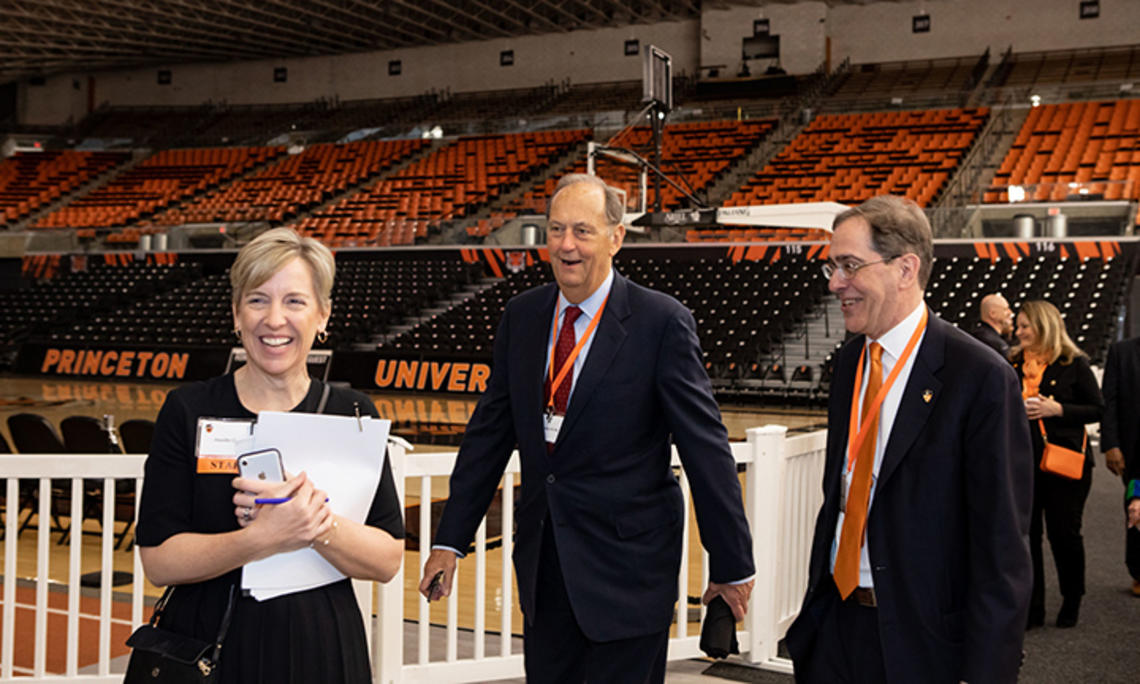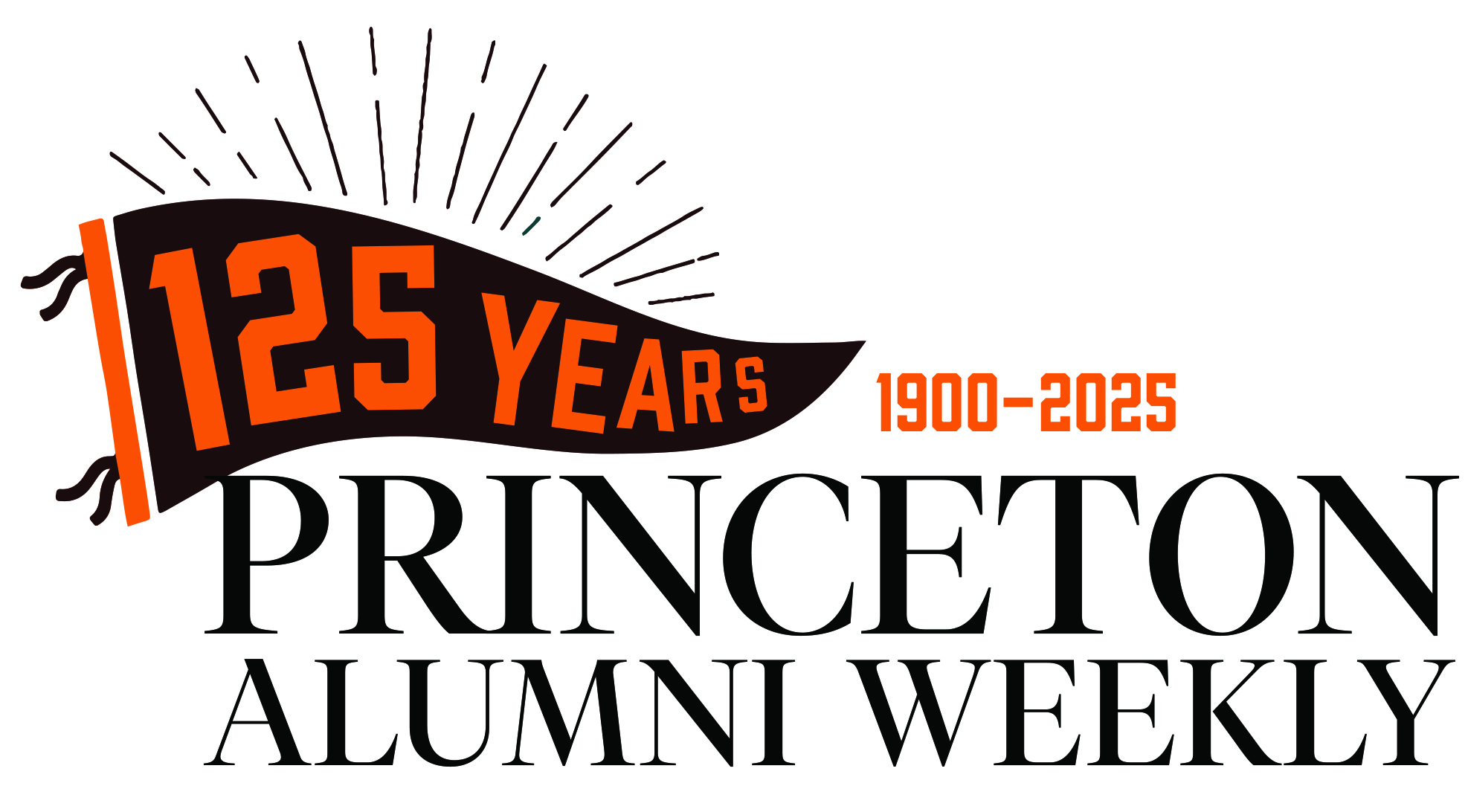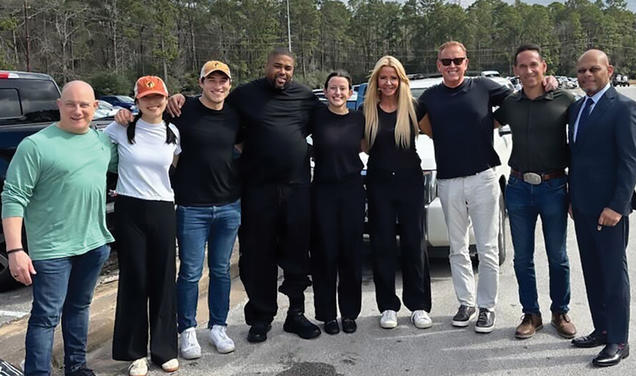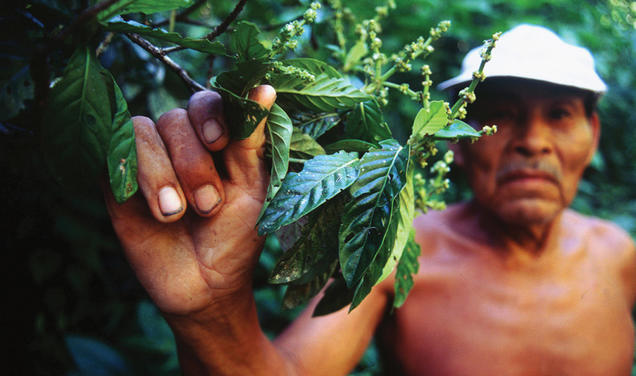Court Rulings on Sports Are a ‘Sore Point’ With Bill Bradley ’65
The former senator is concerned about the impact of college athletes making money, nationwide sports betting

Bill Bradley ’65 never wanted to be a Cheetos pitchman. Nor did he want to give endorsements of any kind, for that matter.
“I had a lot of offers to do advertising, but I refused because I wanted to keep my experience in the game untainted by commercialism,” Bradley told PAW in a recent interview, referring to his playing days with the New York Knicks. “I was paid well. It was, ‘I’ll play basketball. I don’t want to sell Cheetos.’”
Bradley was a two-time All-American at Princeton before playing 10 seasons in the NBA, where he won two championships. He also played home games at the “World’s Most Famous Arena” — Madison Square Garden — in the biggest market in the country. But never during his professional basketball journey — from the late 1960s to the late ’70s — did the former U.S. senator from New Jersey augment his salary with off-the-court licensing deals, unlike many of his pro sports contemporaries.
It is with that same discerning eye that Bradley, 79, views the current collegiate athlete landscape, where amateur athletes can sign generous name, image, and likeness (NIL) business deals and be compensated for their athletic performance, thanks to two court rulings within the past decade.
“Advertise your image? That also hit a sore point for me,” said Bradley. “I thought that was a dumb ruling. A ruling that was myopic and by people who don’t understand the full context, people who are obsessed with the materialistic culture that we live in. They are supposed to argue on the basis of equity. That’s not on the basis of equity.”
Earlier this year, two Brown University student athletes filed a federal lawsuit against the eight Ivy League member schools. One of the plaintiffs’ claims in Choh v. Brown University is that the Ivies’ long-standing policy of not offering athletic scholarships violates antitrust laws. The federal complaint, filed in the U.S. District Court of Connecticut, leans on both the 2021 Supreme Court ruling in Alston v. NCAA, as well as the landmark district court ruling in O’Bannon v. NCAA, which opened the door for NIL deals. In some states, even high school athletes are able to enter into these types of licensing agreements.
But Bradley said he disagrees with the Choh case and its arguments, and added that he’s “always been very comfortable with the fact the Ivies don’t offer athletic scholarships.” Bradley, who was the recipient of 75 scholarship offers before choosing Princeton, said if students want a scholarship, they should focus on universities that offer them, not take aim at the Ivy schools’ policy.
When Bradley transitioned from pro sports to politics, one of the signature bills that he introduced and that was passed into law in 1992 was the Professional and Amateur Sports Protection Act (PASPA) — also referred to as the Bradley Act — which prohibited states from authorizing sports betting. The Supreme Court overturned PASPA in 2018, and the ruling still does not sit well with Bradley.
“When it comes to sports, the Supreme Court has made some very bad decisions,” said Bradley. "The only bill I introduced as a senator that dealt with sports was a bill that prohibited gambling on sports. Well, the Supreme Court invalidated that law. Now we have a whole industry out there with scandals waiting to happen. At some point there is going to be a very dirty scandal.”
(Shortly after Bradley spoke with PAW, news broke that Alabama’s baseball program was enmeshed in a gambling investigation, and that Crimson Tide baseball coach Brad Bohannon was fired).
"I’m not saying there can’t be a Supreme Court ruling on sports matters. But the issues have to be bigger than sports,” said Bradley. The Supreme Court “will contrive a narrow, legalistic argument. They won’t consider, what is the impact on the whole society? On families? On children? Are we all just striving to make money? Or can we achieve excellence as represented by athletic prowess?”
Bradley said the Choh case raises many questions, particularly what impact a ruling in favor of the plaintiffs would have on other amateur sports programs that aren’t big revenue-generating programs.
“Are they going to force the Ivy (schools) to offer scholarships for every sport? Or is it like Title IX, where (the law) is applied against all sports?” Bradley asked, referring to the federal law that mandates gender equity in sports. “When Title IX took place (in 1972), it was a very important law. It ricocheted through all sports. But Title IX is totally different from these rulings about money. It’s ridiculous.”











0 Responses